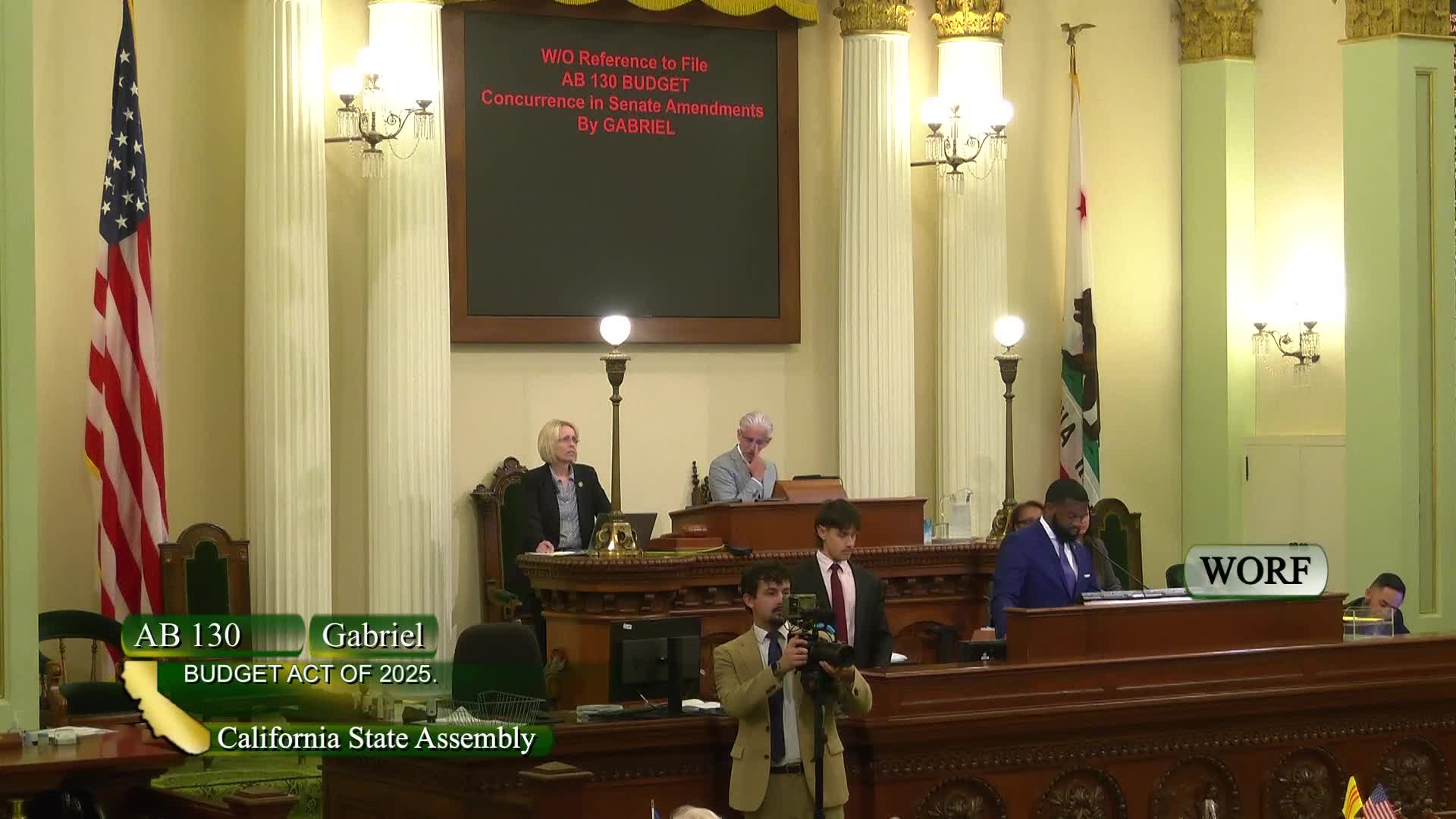Article not found
This article is no longer available. But don't worry—we've gathered other articles that discuss the same topic.
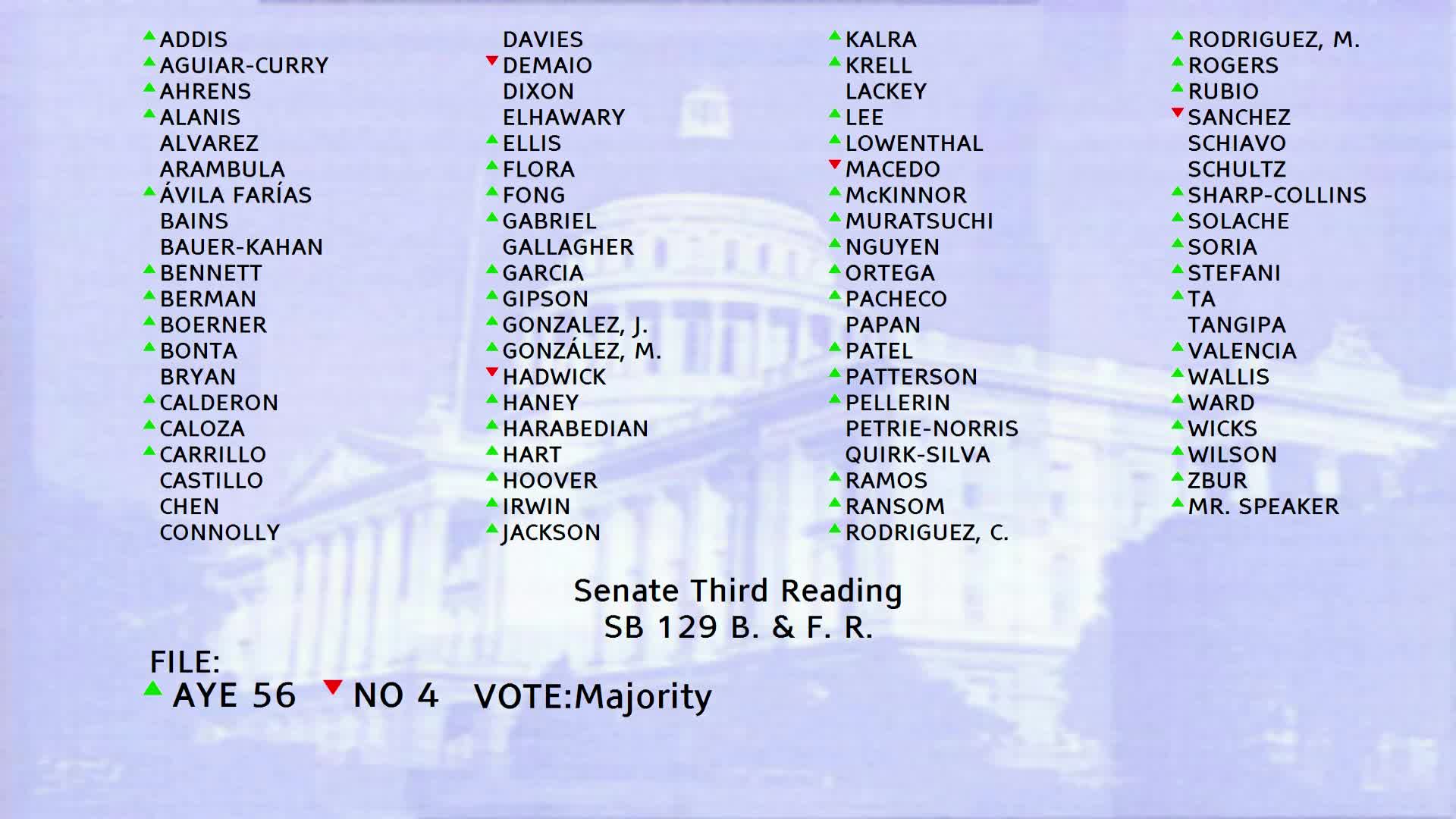
Votes at a glance: key Assembly actions on June 4, 2025
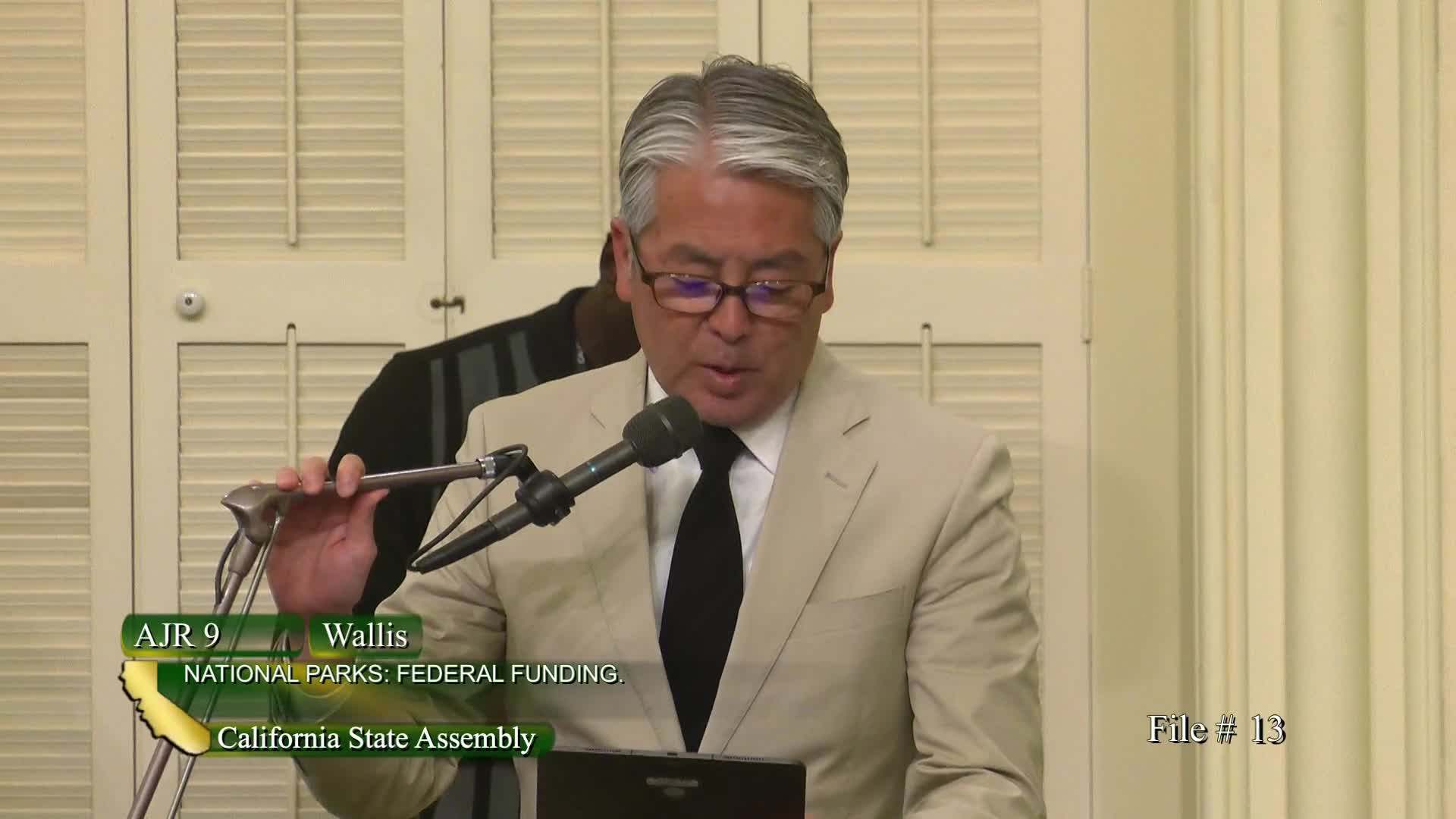
Assembly adopts HR 47 commemorating July 4 and urging civic reflection
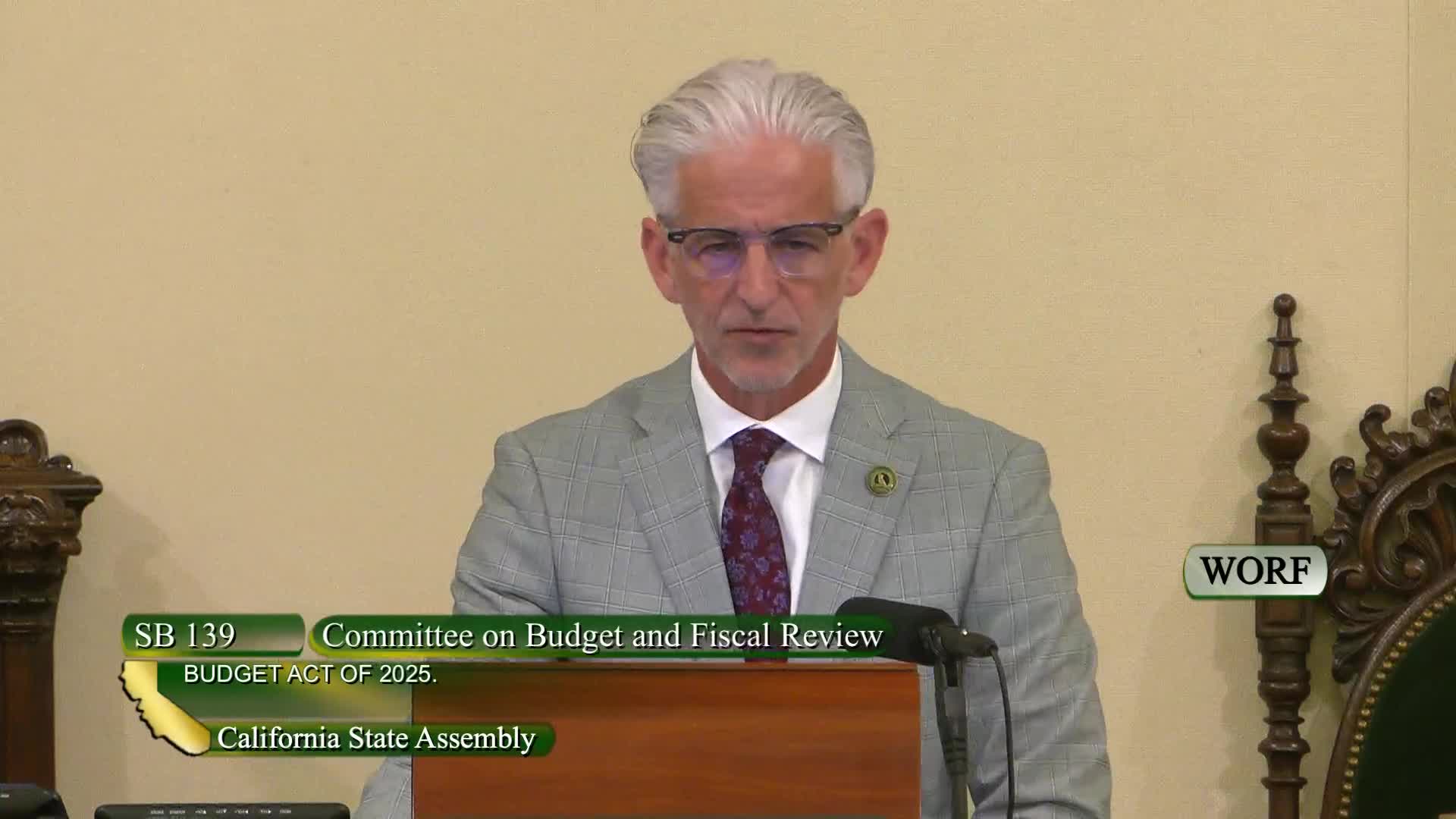
Assembly concurs in ACR 16 to name a bridge in honor of POW/MIA service members
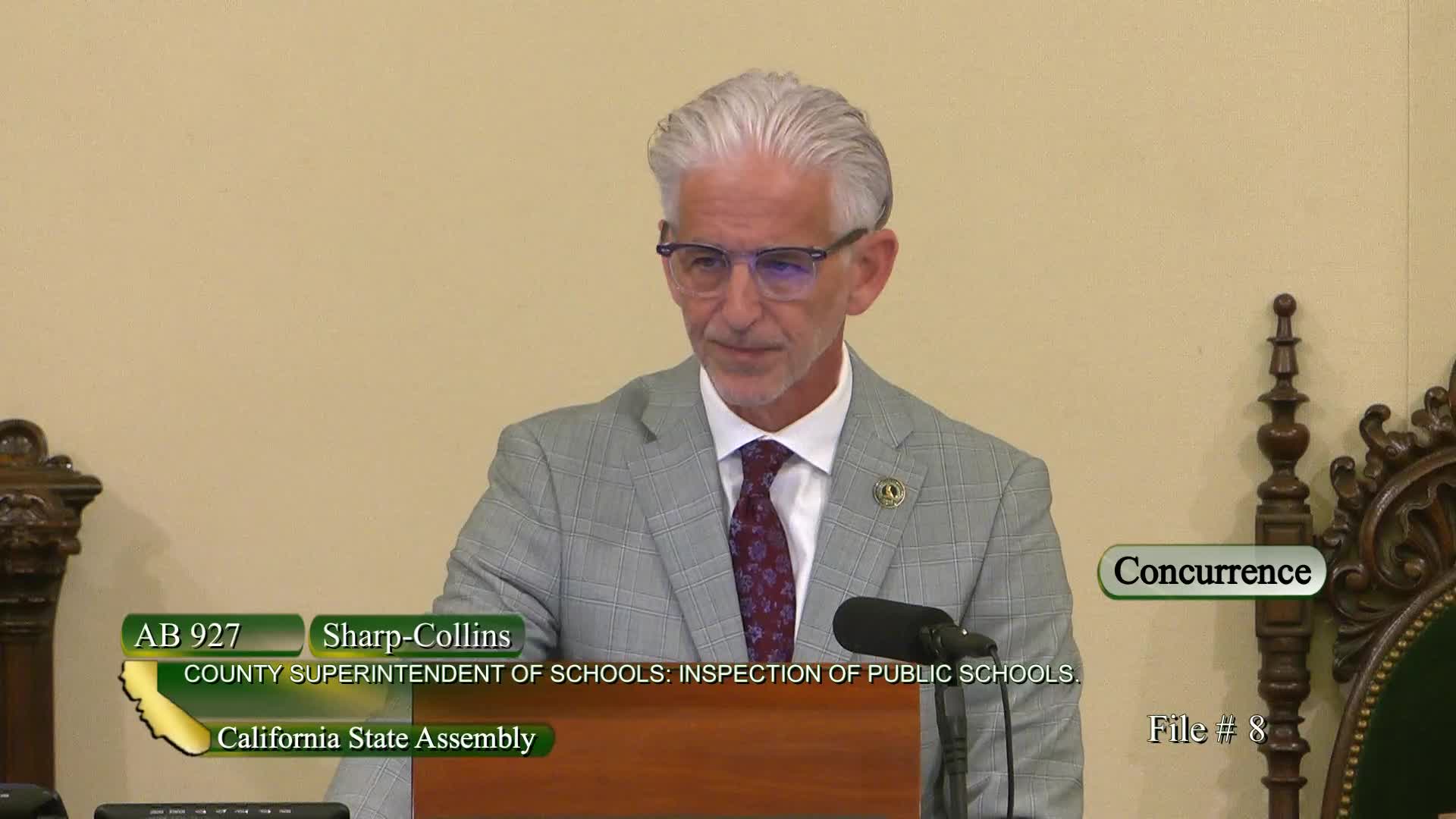
Assembly concurs in AB 927 to extend Williams inspection window for certain school districts
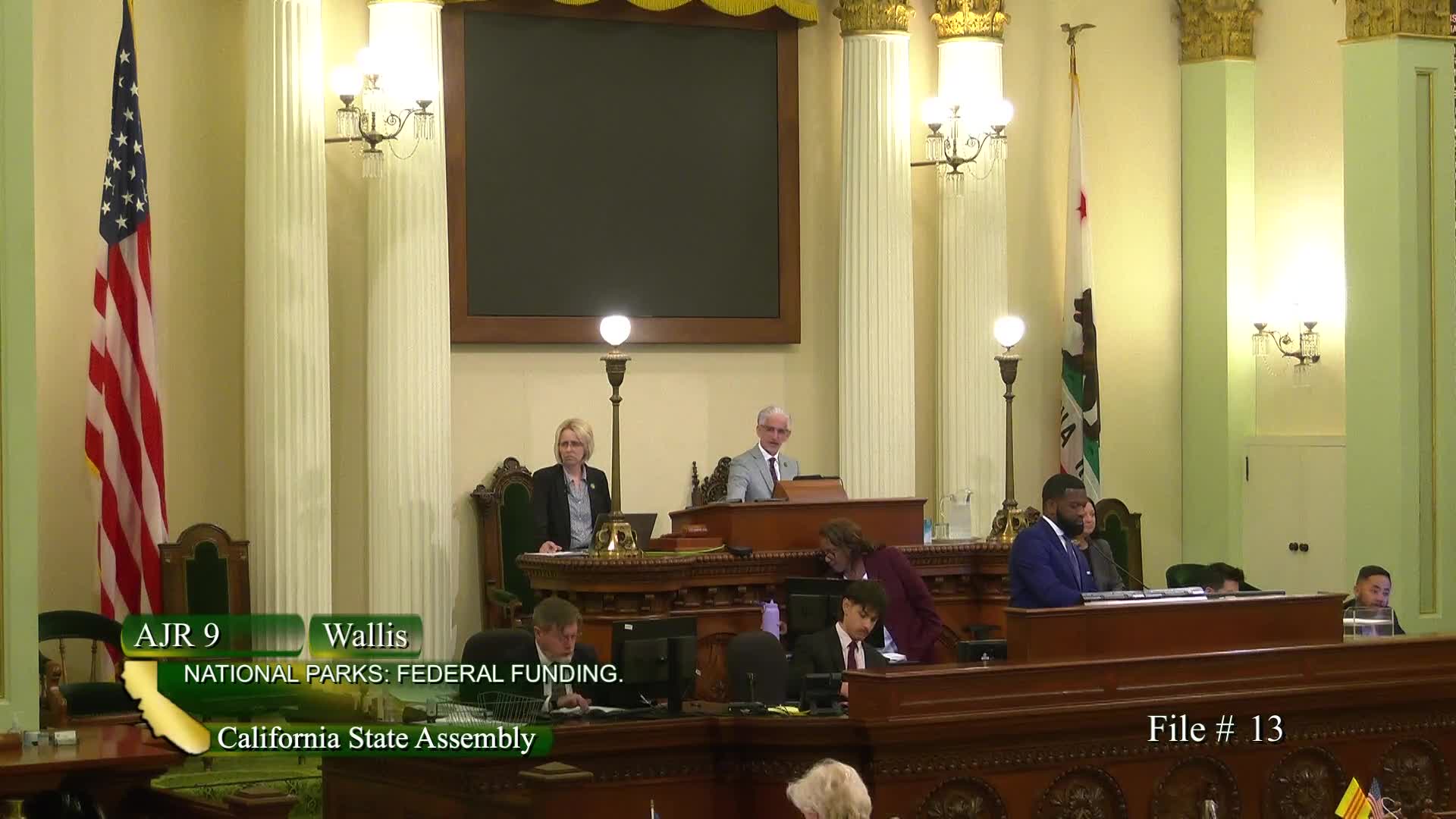
Assembly adopts AJR 9 urging restoration of National Park Service funding
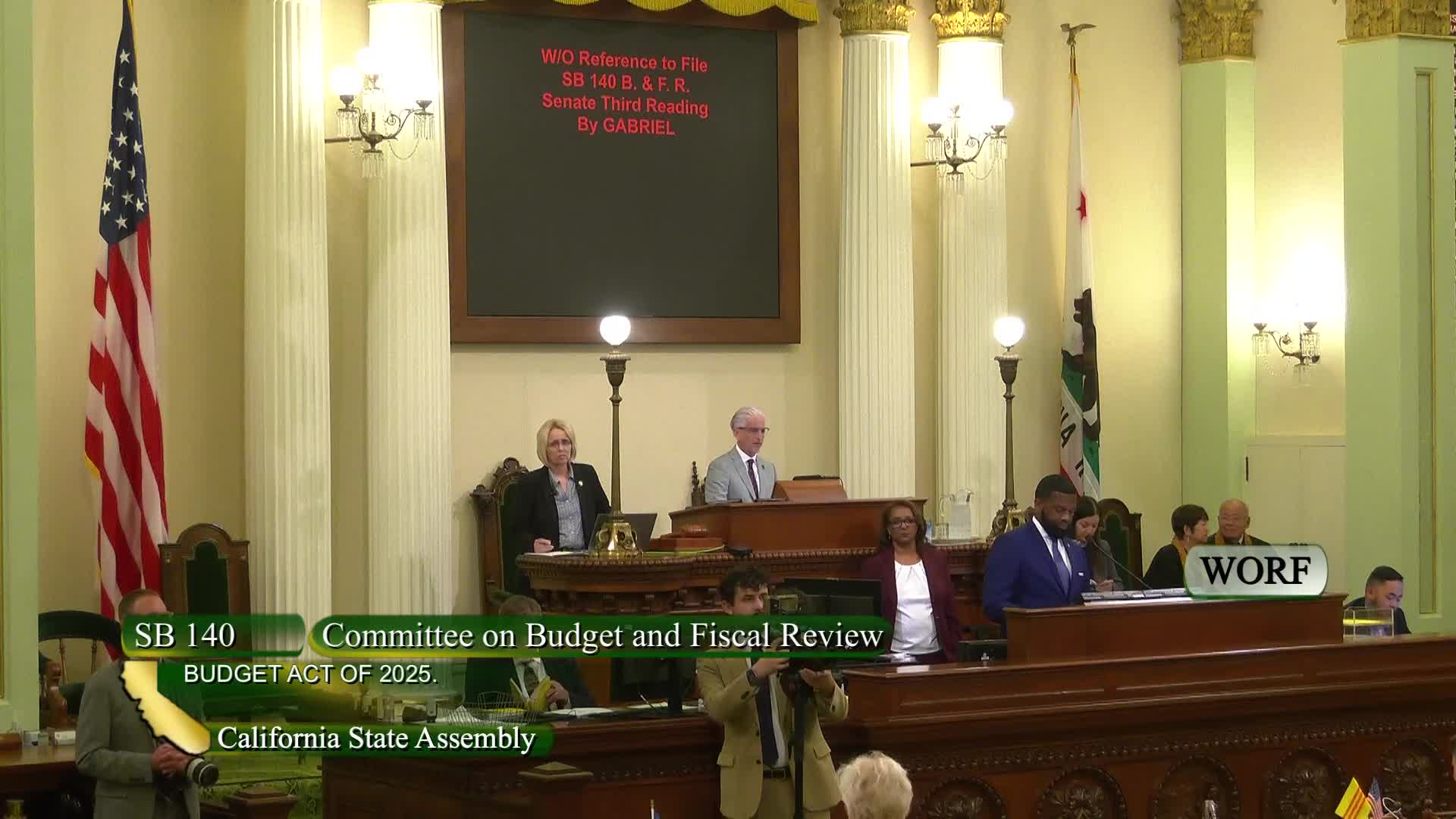
Assembly approves SB 140 implementing MOU for correctional officers; bill includes overtime cap
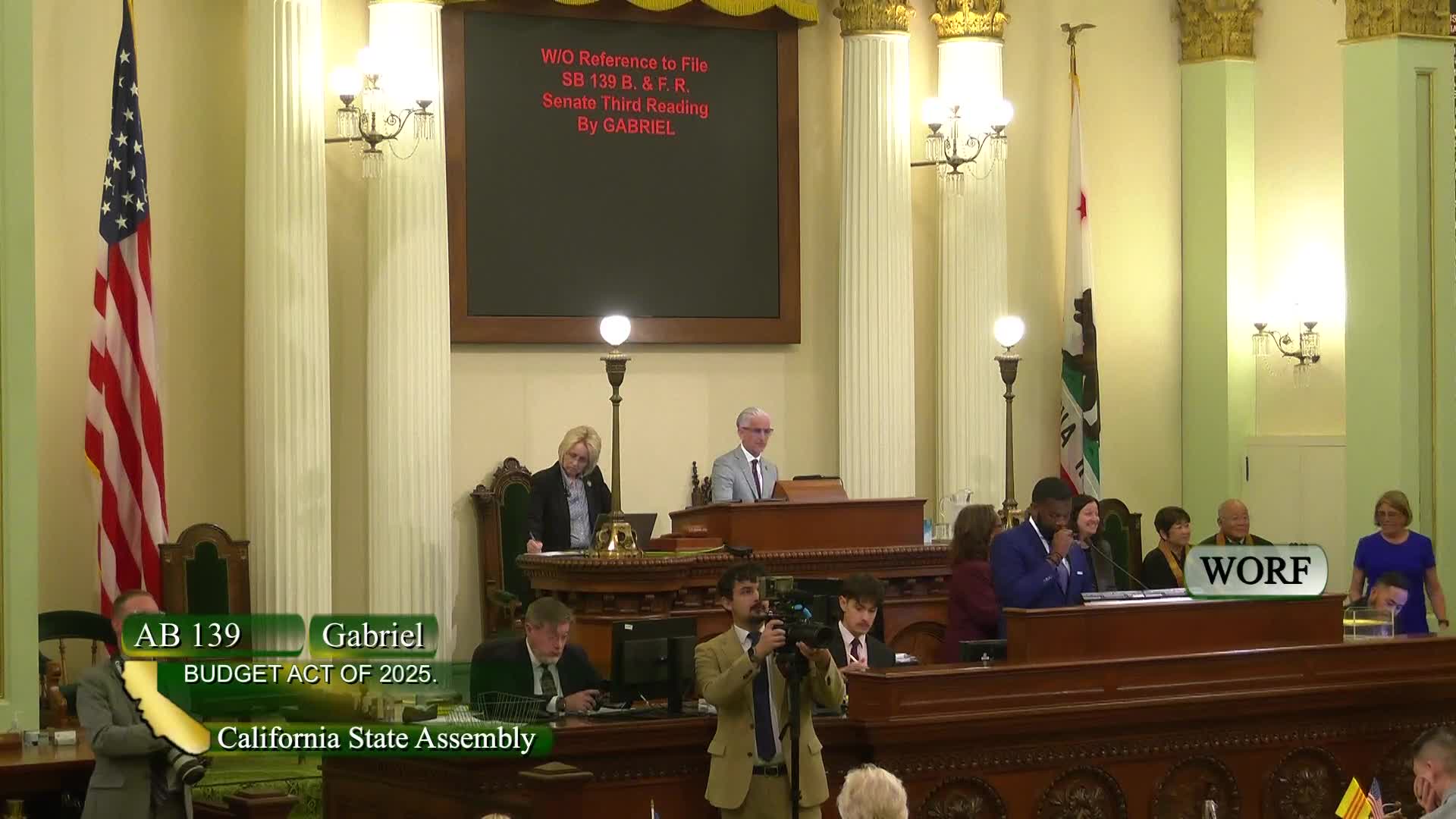
Assembly concurs in SB 139 implementing MOUs for state engineers and operating engineers
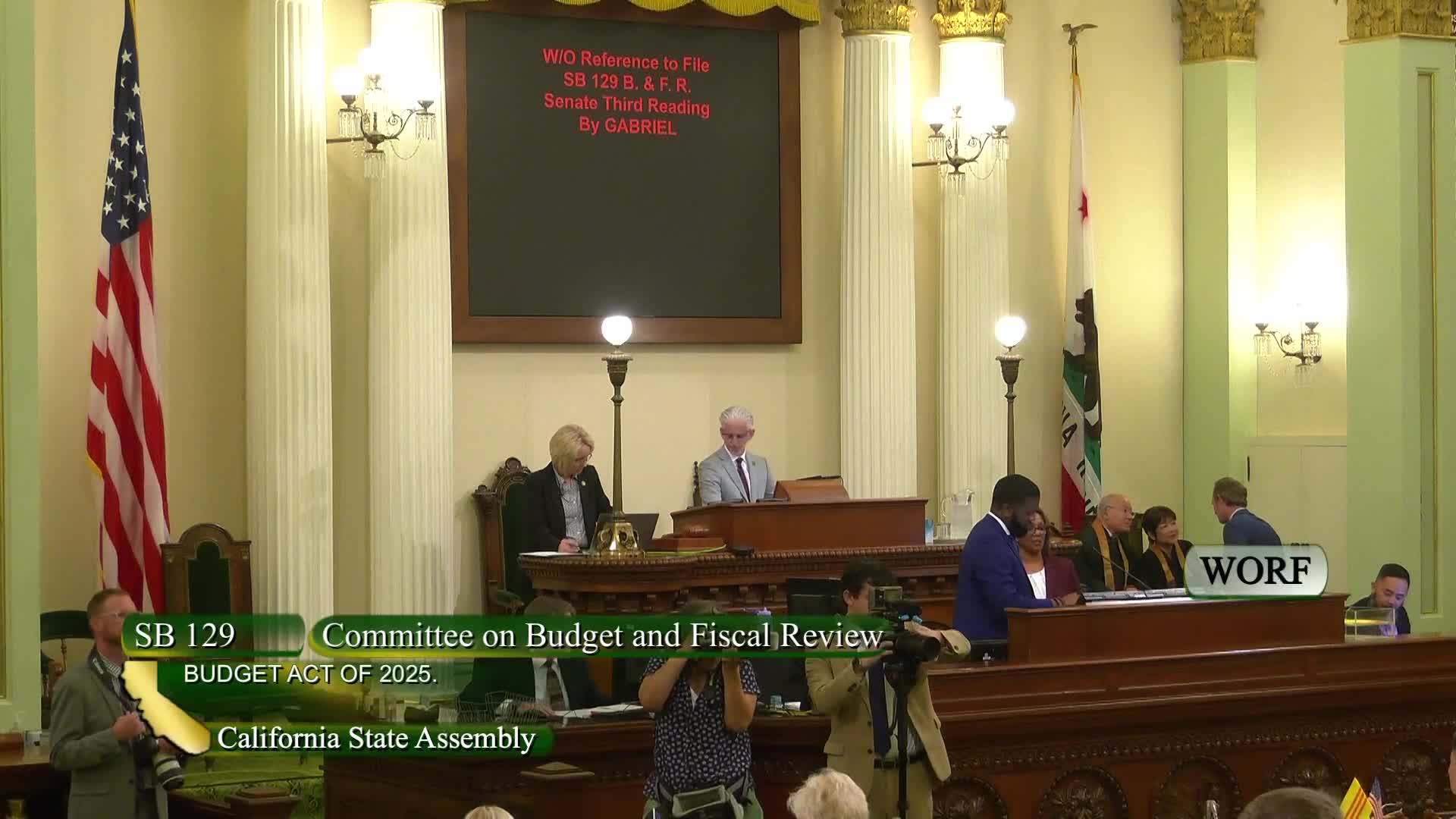
Assembly passes SB 129 to implement labor and pension adjustments, funds IHSS bargaining rollout
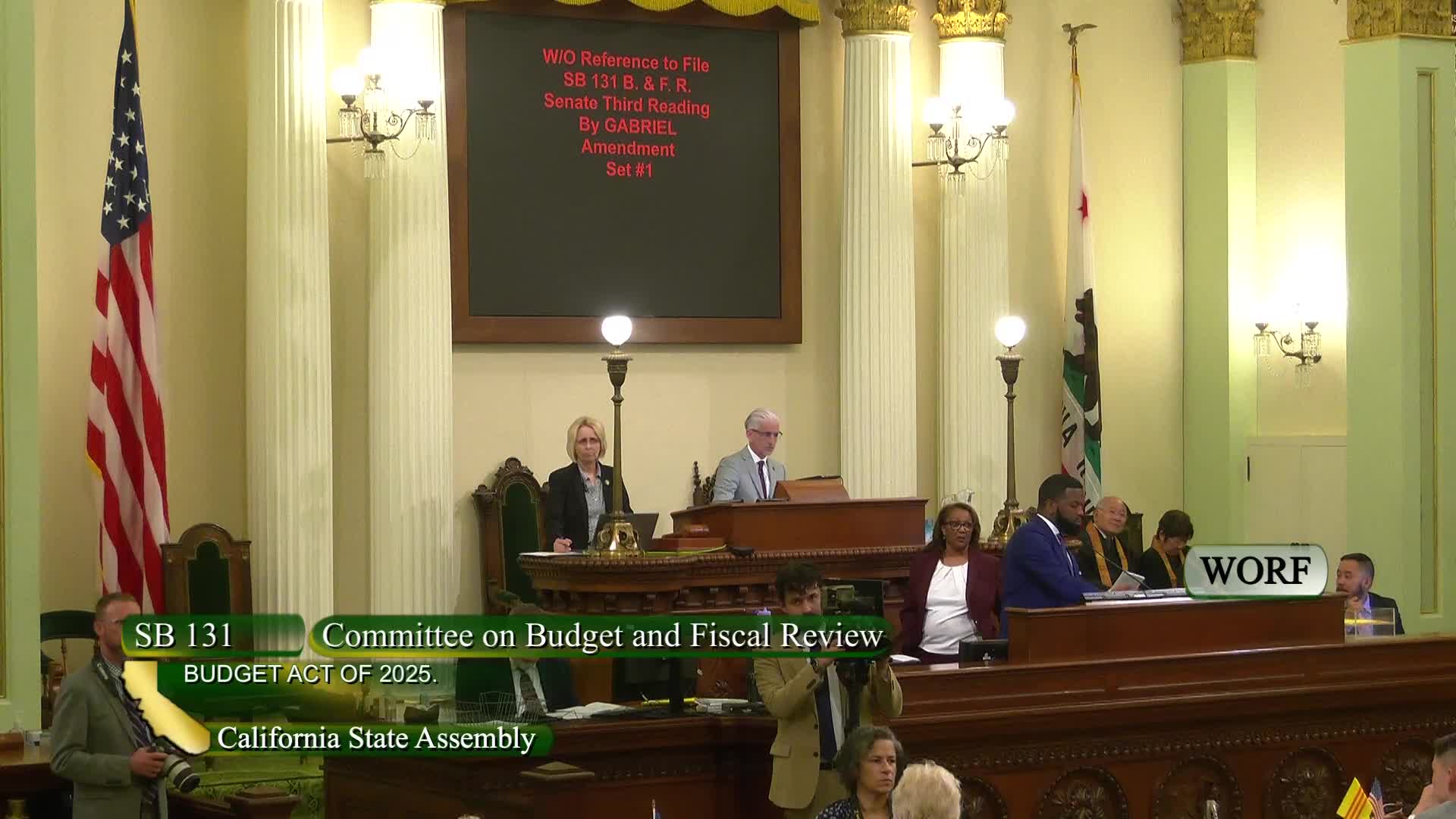
Assembly approves SB 131, allocates $500 million for homelessness program and narrows CEQA exemptions for specified projects
